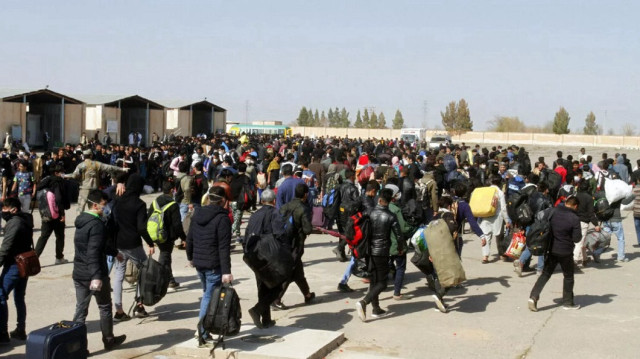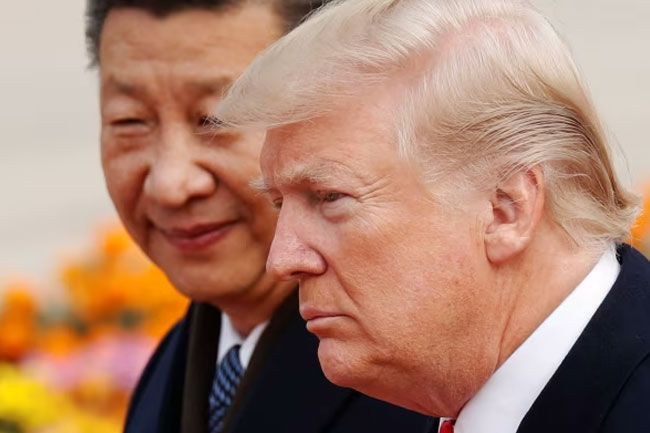Global Repercussions of Afghan Deportation Policies
The deportation of Afghan refugees from the US, Germany, and Pakistan reveals complex humanitarian, political, and security dimensions, highlighting international struggles surrounding refugee rights and political asylum.
Published April 19, 2025 - 00:04am

Image recovered from yenisafak.com
The issues surrounding Afghan refugees have emerged as a pressing global concern, marked by recent actions undertaken by key nations such as the United States, Germany, and Pakistan. Each country is navigating a complex web of humanitarian obligations, domestic political pressures, and security considerations, profoundly affecting the lives of thousands of Afghan nationals.
In the United States, the Trump administration has enacted stringent measures demanding Afghan refugees who entered post-Taliban takeover in 2021 to leave the country. The directive from the Department of Homeland Security mandates that these refugees vacate within a week or face deportation. This policy has sown fear and uncertainty among Afghan refugees, many of whom assisted the US military as translators or advisors. Critics argue that this approach not only endangers the lives of these individuals but also risks undermining US credibility in future international engagements by demonstrating a lack of support and gratitude for those who aligned with American forces during times of conflict.
Concurrently, Germany is executing an opposite approach by welcoming particularly vulnerable Afghans into its borders. Chartered flights have recently facilitated the movement of hundreds of Afghan nationals into German territory, focusing on individuals who previously supported German troops, worked for Germany-backed organizations, or those who are now at risk from the Taliban regime due to their advocacy for human rights, freedom, and democracy. German authorities emphasize rigorous security checks, underscoring that the refugees are thoroughly vetted to address potential security concerns. The proactive stance of Germany is set against a backdrop of internal political debate, as various political factions dissent on the scope and scale of refugee admissions.
Meanwhile, Pakistan's deportation drive adds another layer of complexity to the plight of Afghan refugees. The Pakistani government has expelled over 900,000 Afghans as part of a broader initiative addressing illegal immigration. Despite Kabul's calls for humane and dignified repatriation processes, Islamabad maintains that its actions are systematic and necessary in light of rising regional security threats, notably linked to insurgents allegedly exploiting refugee status. The Pakistani administration stresses its sovereign right to regulate those residing within its borders but faces international criticism for its implementation, particularly allegations of arrests and ill-treatment of deportees, which Pakistan fervently denies.
An integral aspect of the ongoing refugee situation involves the balancing act between humanitarian principles and sovereign policies related to immigration and security. International organizations like UNHCR and IOM are engaged in monitoring and advising the movements across regions, striving to secure comprehensive and organized processes for returning Afghan nationals.
The cross-national approach towards Afghan refugees underscores larger geopolitical undercurrents. The varying strategies reflect differing national interests, historical ties, and regional security landscapes. These factors significantly contribute to the complex nature of coordinating international refugee policies. The pressures faced by Afghan refugees are not only of a political nature but also involve urgent human rights considerations, raising pressing ethical questions about the global community's obligations towards these vulnerable populations.
As nations contemplate these challenges, dialogue and cooperation on international platforms become crucial in striking a balance that upholds humanitarian standards while addressing domestic security and political needs. The fates of countless Afghan refugees hang in the balance, dependent on the evolving policies of powerful nations and the intricate negotiations between state actors and global organizations.





